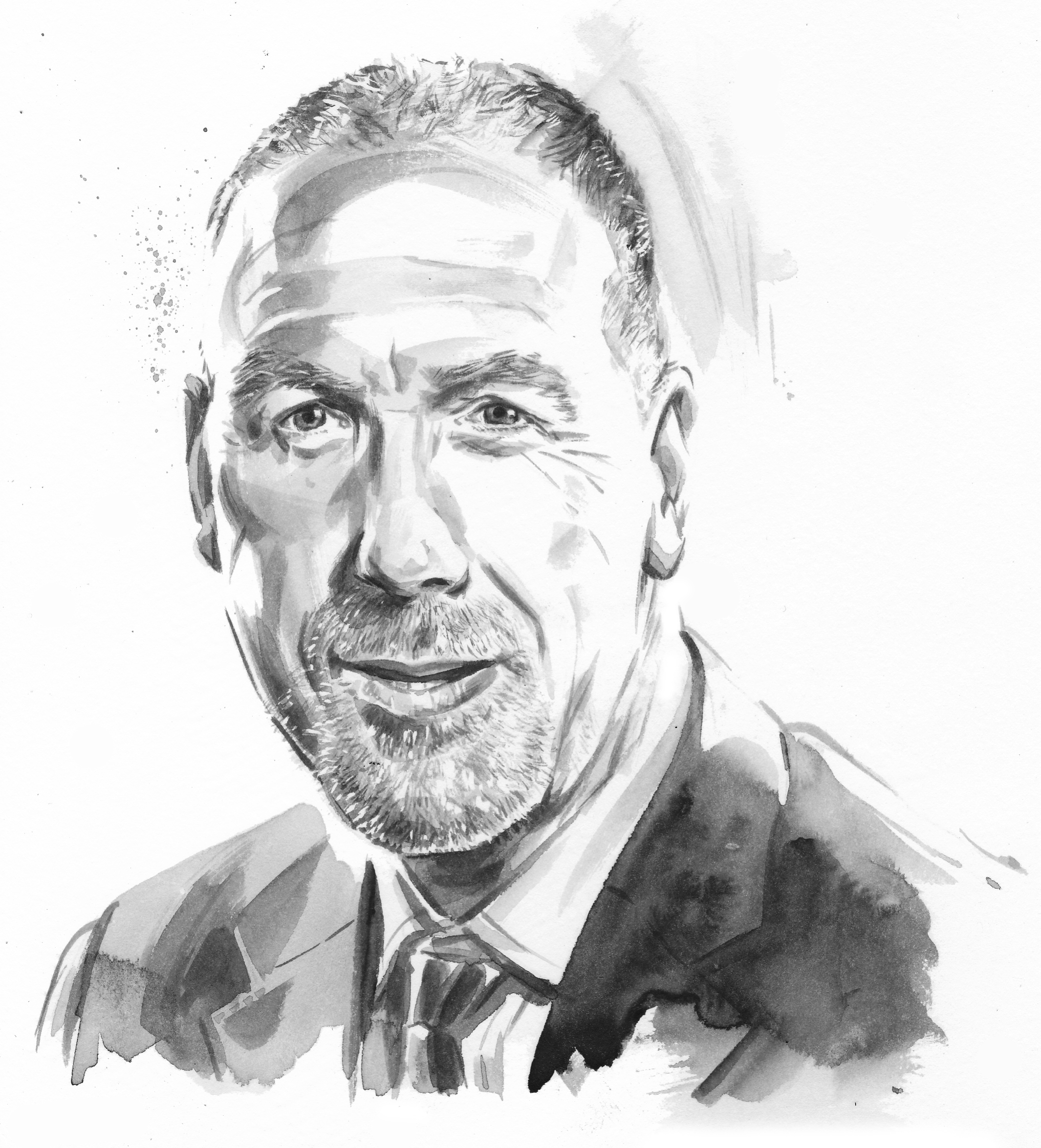The concept of “ambition” does not always get good press.
After all, Shakespeare described Macbeth’s “vaulting ambition” as desperate, obsessive, and ruthless. That kind of ambition doesn’t end well.
But we elect our government to be ambitious on our nation’s behalf. A White Paper is an opportunity for them to reset former policies and to proclaim an ambition for where we go next.
So here’s my suggestion for what the government might do if they aim to be genuinely ambitious, matching their tiresome world-beating rhetoric with actual actions: end child poverty.
That, among other things, is what I am going to say in my speech at the annual conference of the Association of School and College Leaders in Birmingham on Saturday (12 March).
We can’t let this continue
Sounds simple when you say it out loud doesn’t it?
But it is, of course, anything but simple. It is a huge and seemingly intractable problem that successive governments have failed to solve.
And yet, if this government’s mantra about levelling up is to mean anything tangible, we cannot, as one of the world’s wealthiest countries, continue to tolerate a situation in which so many of our young people grow up in poverty.
It is also a problem that is every bit as relevant to education as it is to wider society. Because we cannot expect that children will be in a fit state to learn if they are hungry, or cold, or live in poor quality housing, or do not have enough space in which to study at home, or a stable internet connection, or all the other things that most of us reading this article take for granted.
The government can set as many targets as it likes. It can continue to beat you in your schools and colleges with the big stick of accountability. It can talk endlessly about standards and rigour.
But unless it takes on the challenge of ending child poverty, this shameful reflection of the entrenched inequality in British society will put a brake on what can be realistically achieved.
Damning statistics
So, when we talk about child poverty, how many children are we talking about?
There are different ways of measuring this, of course, but one of those measures is to look at relatively low income after housing costs are deducted.
And when statisticians do that calculation, they come up with the staggering figure of 4.3 million children living in poverty in the UK. That is about 31 per cent of children - or almost one-third. Remember that figure of a third because it is going to crop up again.
But first another figure. You’ll notice that the percentage quoted above does not match the normal proxy we tend to use in education to define disadvantage - which is those pupils who are eligible for free school meals.
At the last count, that number - and this is for England only - was about 1.6 million pupils, which equates to 20 per cent. So, still a jaw-dropping number but a much smaller percentage than the previous definition.
That would seem to suggest that the eligibility criteria for free school meals does not capture a whole group of children whose families struggle, but not quite enough to qualify for this support.
You probably know them in your school and college. You probably know of the challenges they face and how tough life is for them. Even if they don’t fall into an official definition.
The point here is, of course, that the problem of poverty is probably both more widespread and complex than it might first appear. It has seeped into the roots of countless communities.
The GCSE problem
And now, back to that earlier figure of nearly one-third of children living in poverty.
Is it a coincidence that this is also roughly the same proportion of young people who, in normal times, finish secondary education at the age of 16 without achieving at least a Grade 4 GCSE in English and maths?
We’ve spoken about this group of young people and the desperate need to do better for them on many occasions. We call them the “forgotten third” because they are the students whose routes to lots of courses and careers are constrained, if not shut off entirely.
In our ridiculously high-stakes system, those GCSEs in English and maths are passport qualifications to a good life and, without them, the future is uncertain.
We can’t go on with qualifications that limit opportunity in this way. Instead, we need something that builds confidence and success, rather than condemning young people to the indignity of being told what they can’t do. It just isn’t fair or right.
And is it a coincidence, also, that roughly one-third of pupils don’t achieve the expected standard in reading, writing and maths at the end of primary school?
This group of children are to be a focus of the government’s new White Paper. It wants to increase the figure to 90% of children reaching the expected standard by 2030.
But how will this happen without tackling the underlying causes, as well as a huge injection of resources into schools to provide the extra support that these children require?
I accept, of course, that this recurring figure of one-third is not necessarily the exact same group of children who are defined as living in poverty. There will be other factors involved. But it is also a fair bet that there is a substantial overlap.
The time for real ambition
And what that tells us is something very bleak indeed.
That your chances in life are heavily influenced by the circumstances into which you were born, and that your trajectory through education is likely to follow a certain course.
Despite all the targets, all the workload, all the commitment that goes on in our schools and colleges day in and day out, this is a huge societal problem that is very hard to overcome.
So, this is why I say that the government - and it can only be the government that can do this - must end child poverty. Otherwise, we will continue to be locked in an eternal cycle that no amount of tinkering at the edges is ever going to sort out.
One-third is the infernal statistic that blights our society and education system.
This is why it’s time for truly ambitious leadership.
Geoff Barton is general secretary of the Association of School and College Leaders





